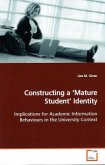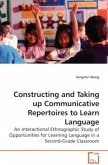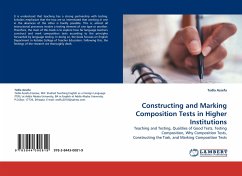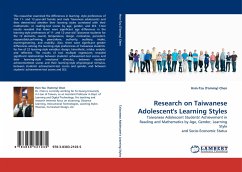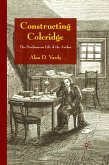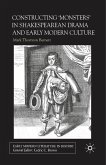After the lifting of martial law in 1987, Taiwanese
intellectuals have argued that Chinese textbooks
have been dominated by classic Chinese texts
divorced from the sociopolitical experiences of
Taiwan. Such Sino-centric education has hindered the
students from developing their Taiwanese identity.
This research reveals the relationship between
politics and education by examining how Chinese
textbooks in Taiwan have constructed students
national identity with respect to different
political leaders since the 1970s. Using an in-depth
qualitative research methodology this study examines
the ideological and thematic perspectives of these
textbooks, and seeks to explicate the differences in
the Taiwanese political outlook and its effect on
school discourse formation. The work is significant
as it is conducted within Taiwan, a country that has
a multicultural population and a diverse, developing
history that is sometimes not recognized for what it
is within Taiwan itself. This book is addressed to
scholars in Taiwanese cultural history, and
researchers in discourse analysis of national
identity.
intellectuals have argued that Chinese textbooks
have been dominated by classic Chinese texts
divorced from the sociopolitical experiences of
Taiwan. Such Sino-centric education has hindered the
students from developing their Taiwanese identity.
This research reveals the relationship between
politics and education by examining how Chinese
textbooks in Taiwan have constructed students
national identity with respect to different
political leaders since the 1970s. Using an in-depth
qualitative research methodology this study examines
the ideological and thematic perspectives of these
textbooks, and seeks to explicate the differences in
the Taiwanese political outlook and its effect on
school discourse formation. The work is significant
as it is conducted within Taiwan, a country that has
a multicultural population and a diverse, developing
history that is sometimes not recognized for what it
is within Taiwan itself. This book is addressed to
scholars in Taiwanese cultural history, and
researchers in discourse analysis of national
identity.


